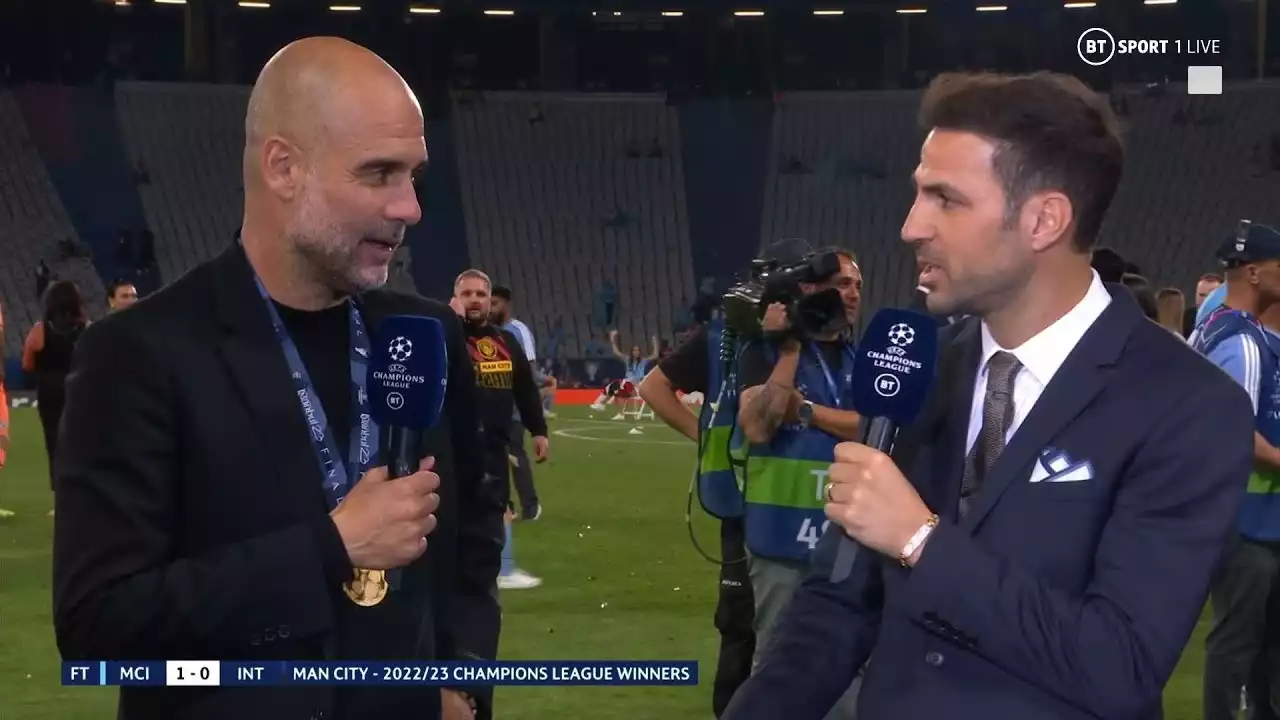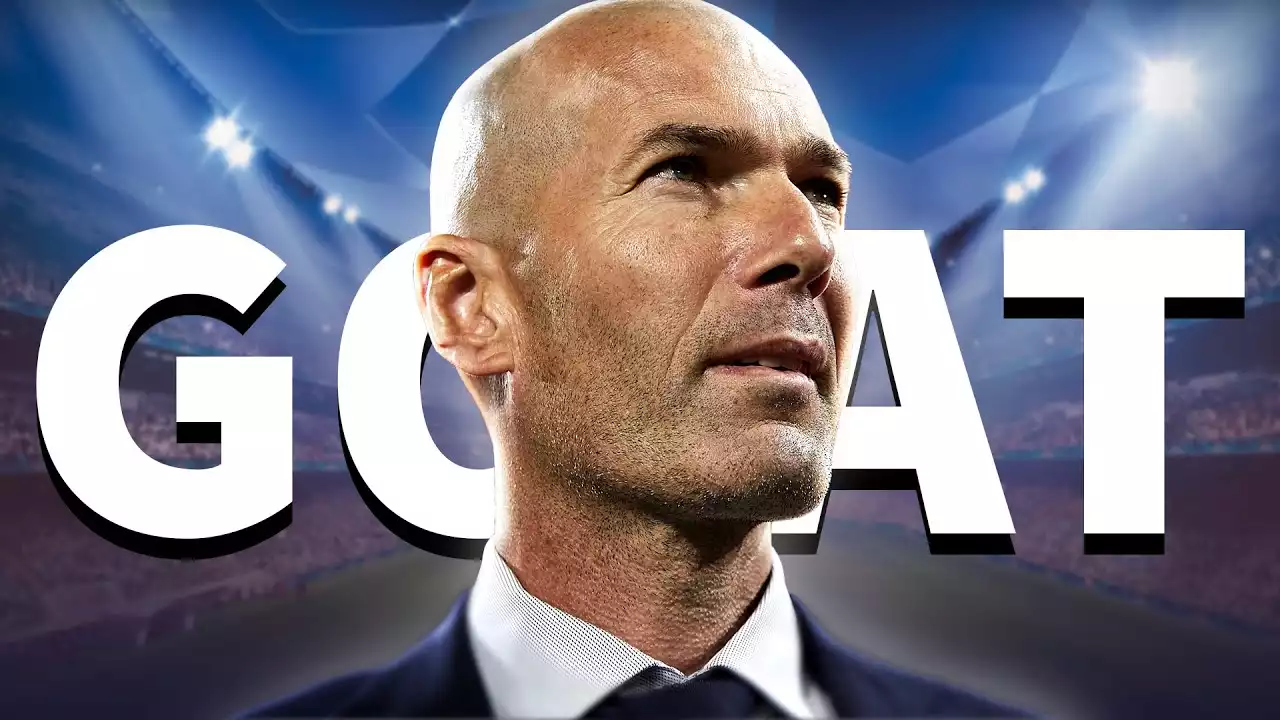Importance of Having a Successful Manager
In the world of football, the role of a manager is crucial to a team's success. They possess the ability to shape the destiny of a club, making tactical decisions, motivating players, and instilling a winning mentality. At the Club World Cup, this importance is magnified, as teams from different continents come together to compete for ultimate glory. The managers who have achieved success in this prestigious tournament have left an indelible mark on football history.
Having a successful manager can make all the difference in a team's performance. They are not only responsible for selecting the right players and formations but also for creating a cohesive unit that can withstand the challenges posed by diverse playing styles. A successful manager possesses the ability to adapt to different opponents, devise effective game plans, and make crucial decisions during matches. Their leadership and ability to inspire players are what set them apart from the rest.
Criteria for Determining Success in the Club World Cup
Before we delve into the legacies of the five most successful managers in Club World Cup history, it is important to establish the criteria for determining their success. While winning the tournament is undoubtedly a significant achievement, it is not the sole factor that defines a manager's success in this context. Factors such as the team's playing style, the manner in which victories are achieved, and the impact the manager has had on the players should also be considered.
In addition, a manager's ability to navigate the challenges posed by different continents and playing styles is a testament to their tactical acumen. The Club World Cup brings together teams from Europe, South America, Asia, Africa, North America, and Oceania, each with their unique style of play. A manager who can devise strategies to neutralize the strengths of these teams and exploit their weaknesses is undoubtedly successful in this tournament.
Manager 1: Jose Mourinho
Jose Mourinho, known for his tactical brilliance and ability to inspire his players, has had a remarkable career in football management. With two Club World Cup victories to his name, Mourinho has proven his ability to conquer the global stage. His first triumph came in 2004 with Porto, a relatively unfancied team from Portugal. Mourinho's astute tactical decisions and motivational skills propelled Porto to victory, defeating the mighty Boca Juniors in the final.
Mourinho's second Club World Cup victory came in 2010 with Inter Milan. He had already achieved success with Porto and Chelsea, but leading Inter Milan to victory in the tournament showcased his ability to adapt to different playing styles. Inter Milan's victory over African champions TP Mazembe in the final was a testament to Mourinho's tactical prowess.
Manager 2: Pep Guardiola
Pep Guardiola is widely regarded as one of the greatest managers of all time, and his success in the Club World Cup reinforces this claim. Guardiola's innovative tactics and relentless pursuit of perfection have led to unprecedented success with Barcelona, Bayern Munich, and Manchester City. His first Club World Cup victory came in 2009 with Barcelona, where his team showcased a mesmerizing style of play that captivated the world.
Guardiola's second Club World Cup triumph came in 2013 with Bayern Munich. Under his guidance, Bayern Munich dominated the tournament, defeating Raja Casablanca in the final. Guardiola's ability to create a cohesive unit that played beautiful football was evident throughout the tournament.
Manager 3: Carlo Ancelotti
Carlo Ancelotti is a manager known for his calm demeanor and ability to get the best out of his players. His success in the Club World Cup is a testament to his managerial prowess. Ancelotti achieved his first Club World Cup victory in 2007 with AC Milan. His team showcased a clinical and disciplined style of play, defeating Boca Juniors in the final.
Ancelotti's second Club World Cup triumph came in 2014 with Real Madrid. Under his guidance, Real Madrid played an attacking brand of football that overwhelmed their opponents. The team's victory over San Lorenzo in the final showcased Ancelotti's ability to create a winning mentality within his squad.
Manager 4: Alex Ferguson
Sir Alex Ferguson's unparalleled reign at Manchester United is a testament to his managerial genius. His success in the Club World Cup further solidifies his status as one of the greatest managers in football history. Ferguson achieved his first Club World Cup victory in 1999 with Manchester United. The team's victory over Palmeiras in the final showcased Ferguson's ability to motivate his players and make crucial decisions during matches.
Ferguson's second Club World Cup triumph came in 2008, again with Manchester United. Under his guidance, the team played an attacking and fluid style of football that overwhelmed their opponents. The team's victory over LDU Quito in the final demonstrated Ferguson's ability to adapt to different playing styles.
Manager 5: Zinedine Zidane
Zinedine Zidane, a legendary player turned manager, has enjoyed immense success in the Club World Cup. Zidane's calm and composed demeanor on the sidelines has translated to success on the pitch. He achieved his first Club World Cup victory in 2016 with Real Madrid. The team's victory over Kashima Antlers in the final showcased Zidane's ability to make tactical adjustments during matches.
Zidane's second Club World Cup triumph came in 2017, again with Real Madrid. Under his guidance, the team played with flair and creativity, overwhelming their opponents. The team's victory over Gremio in the final demonstrated Zidane's ability to instill a winning mentality within his squad.
Comparing the Success of These Managers
While all five managers have achieved tremendous success in the Club World Cup, it is important to compare their achievements to gain a deeper understanding of their legacies. Jose Mourinho's ability to achieve success with relatively unfancied teams showcases his tactical brilliance and motivational skills. Pep Guardiola's innovative tactics and relentless pursuit of perfection have led to unprecedented success with multiple clubs.
Carlo Ancelotti's calm demeanor and ability to get the best out of his players have resulted in two Club World Cup triumphs. Sir Alex Ferguson's unparalleled reign at Manchester United showcases his ability to motivate players and make crucial decisions during matches. Zinedine Zidane's calm and composed demeanor on the sidelines has translated to success on the pitch, leading Real Madrid to back-to-back Club World Cup victories.
The Club World Cup is a stage where managers have the opportunity to showcase their tactical brilliance, leadership skills, and ability to adapt to different playing styles. The five managers discussed in this article have left an indelible mark on football history, achieving success not only in their domestic leagues but also on the global stage.
From Jose Mourinho's tactical brilliance to Pep Guardiola's innovative tactics, from Carlo Ancelotti's ability to get the best out of his players to Sir Alex Ferguson's unmatched reign at Manchester United, and from Zinedine Zidane's calm and composed demeanor to his ability to make crucial tactical adjustments, these managers have set the benchmark for success in the Club World Cup.
Their stories serve as inspiration for both football enthusiasts and aspiring managers alike, showcasing the qualities required to achieve greatness in the beautiful game. As the world of football continues to evolve, it is the managers who can adapt, motivate, and lead their teams to victory that will etch their names in football folklore. The legacy of these five managers will forever be remembered in the annals of football history.









